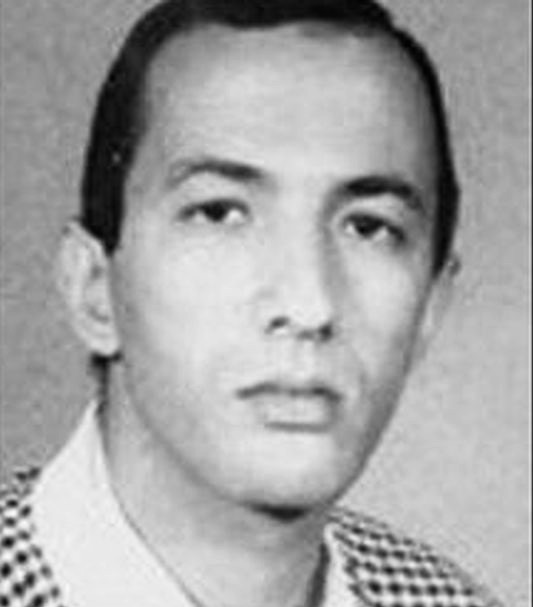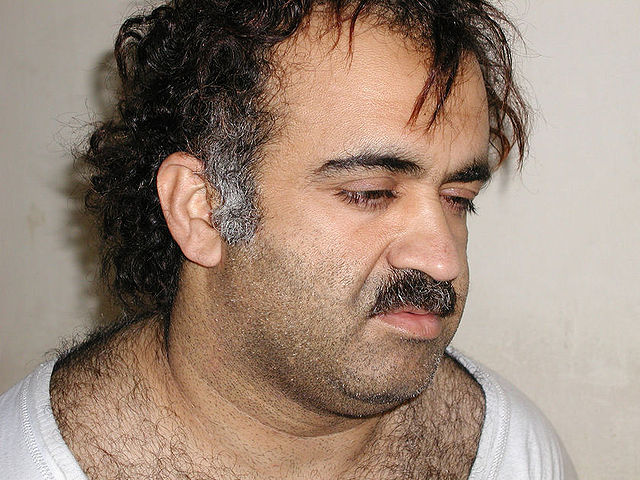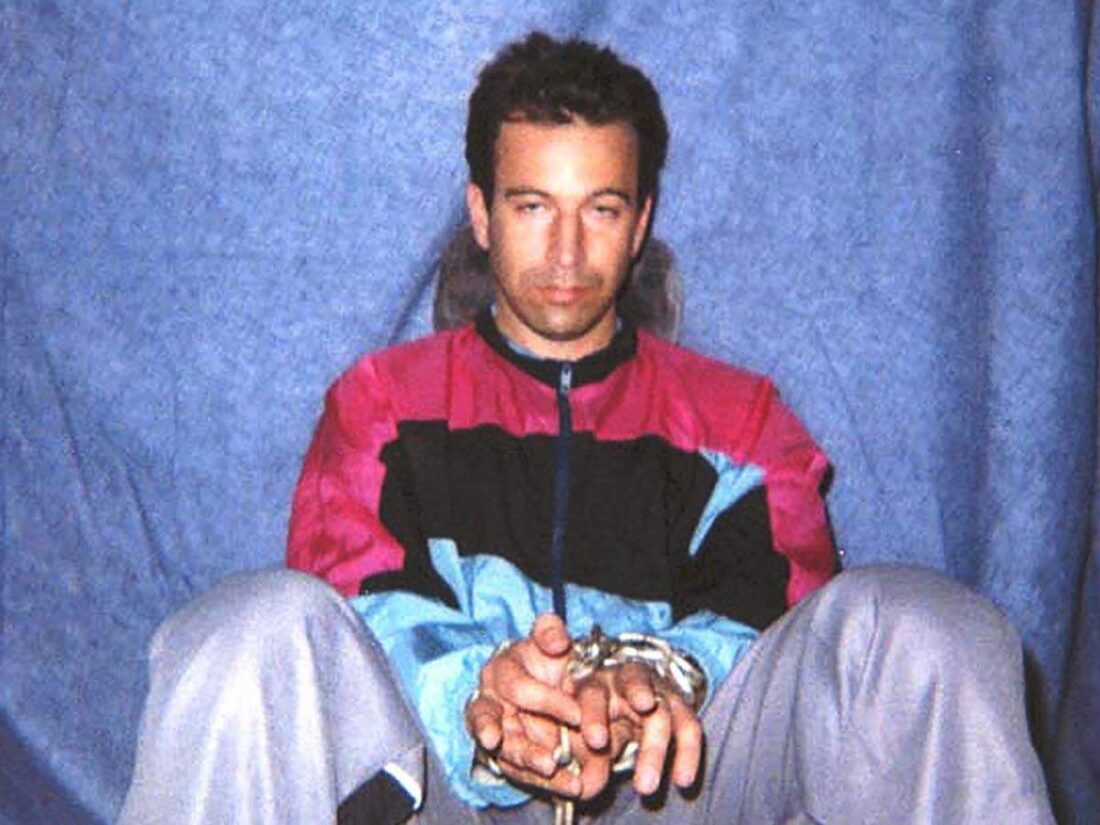Ahmed Omar Saeed Sheikh, the British-born Islamic fundamentalist charged with masterminding the abduction of American newspaper correspondent Daniel Pearl in 2002, was released from prison by a court in Pakistan several days ago.
It’s a disappointing, morally repellant verdict that the international community should not accept with indifference or silence. Understandably enough, the judgment stunned and upset Pearl’s family, journalism advocacy organizations, the United States and, probably, the Pakistani government.
What it means is that Sheikh will be a free man for the foreseeable future, an outcome that is not only insulting but antithetical to every definition of decency and fairness.
Pearl, a Wall Street Journal reporter, was lured to his death while investigating Al Qaeda in Pakistan, a country awash in Islamic obscurantism. Sheikh, the son of a Pakistani family that set down roots in London, was radicalized while working for a Muslim relief organization in the Balkans during the Bosnian war in the 1990s.

Sheikh, a university dropout, was a member of the murderous cabal that organized Pearl’s abduction in the city of Karachi. After his kidnapping, Pearl was held in a safe house on the outskirts of Karachi, and then brutally beheaded.

Pearl’s murder, filmed and posted online, was supposedly ordered by Saif al-Adel, an Egyptian Islamic radical who has been touted as a potential successor of Ayman al-Zawahiri, who assumed the leadership of Al Qaeda after U.S. commandos assassinated his predecessor, Osama bin Laden, in Pakistan.

The person who reportedly murdered Pearl was Khalid Sheikh Mohammed, the key organizer of the terrorist attacks in the United States on September 11, 2001. Arrested in Pakistan in 2003, he admitted to killing Pearl. He issued his confession in 2007 while being held in an American base in Guantanamo Bay, Cuba, where a motley group of terrorists were incarcerated after 9/11.
Shortly after Pearl’s execution, Sheikh surrendered to the authorities. Following a trial, he was sentenced to death for his central role in the affair. Eager to ingratiate itself with the United States, the Pakistani government applauded his conviction as proof of its commitment to the U.S. war against international terrorism, which was launched in the wake of 9/11.

The case seemed all wrapped up until the high court in Pakistan’s Sindh province intervened. In a decision last April which took observers by surprise, it ruled that the murder charge against Sheikh had not been satisfactorily proven. However, the court upheld Sheikh’s seven-year jail sentence for kidnapping. He remained in prison while his lawyer sought his release.
On December 24, the court in Sindh overturned the lower court’s verdict that Sheikh should remain in custody, thereby freeing Sheikh.
Pearl’s family and the Pakistani government have lodged separate appeals against Sheikh’s acquittal, but years may elapse before this cumbersome process is finally settled.
At the very least, given the fact that Sheikh was convicted of kidnapping, he should serve out his time in prison. Pakistan’s government opposed his release on the grounds that he poses a danger to the public.
It’s patently unjust that a criminal like Sheikh, who has blood on his hands, has been granted freedom at the expense of Pearl’s bereaved family.
Have they not suffered enough? Do they not deserve justice?
